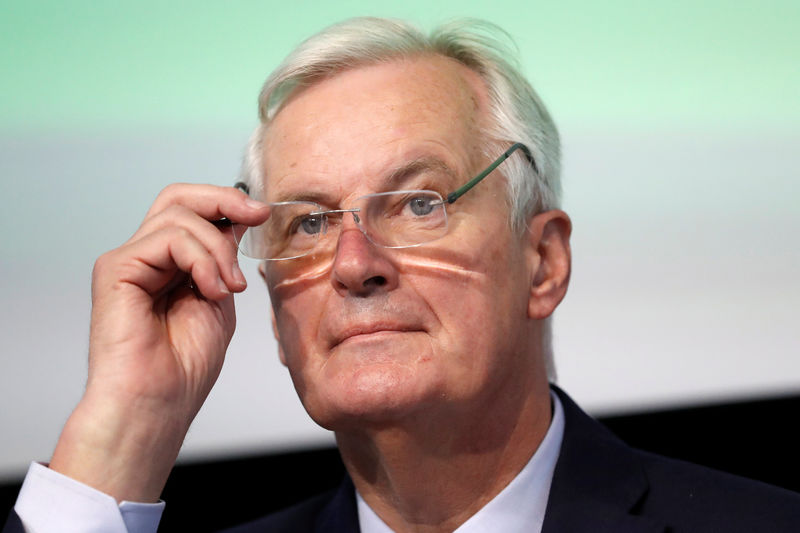PoundSterlingLIVE - Image © Adobe (NASDAQ:ADBE) Images
The Euro has firmed against the Dollar and French bond yields are lower.
Financial market calm comes despite the ongoing political turmoil, and although uncertainty is a headwind to the Euro, investors aren't spooked by ongoing events.
The reality is that France's government has the options to ensure it continues to limp on and avoid a shutdown or financial crisis.
"While the political situation remains unpredictable, the budget continuity should help reduce investor concerns around short-term fiscal stability," says Claudia Panseri, Chief Investment Officer at UBS WM France.
There are two routes that will allow the country to pass a new budget to ensure the ongoing functioning of the state.
The first would see the new Prime Minister make further concessions to Marine Le Pen's RN party, allowing it to force through the budget using a constitutional clause.
Barnier tried this, but this invoked the no-confidence vote that brought him down.
This time, the difference will be RN abstains from an ensuing no-confidence vote triggered by leftist parties. This means RN would not have voted for the budget, but at the same time they wouldn't have brought down the government.
A second option would be to extend the existing 2024 budget.
"The outgoing Prime Minister, Michel Barnier, or his successor would submit a special bill extending the 2024 budget into 2025. This would ensure a relatively normal functioning of the state next year. Both the far right and the far left have stated that they would vote for such a bill," says Panseri.
The UBS analyst says public spending would then be capped, and a proper budget bill would need to be adopted in 2025.
According to an internal report from the Ministry of Economy, Finance, and Industrial and Digital Sovereignty from this summer, the deficit would increase by 0.6 percentage points of GDP in 2025 in the absence of budgetary measures, mainly because social spending is rising faster than GDP.
This confirms that France's budget deficit will only continue to grow under the two likely scenarios, meaning a reckoning is merely delayed.
The country has broken EU deficit rules and must address them and UBS estimates France will need to implement fiscal consolidation of at least 0.5% of GDP per year in its primary structural balance.
This won't be popular and President Macron will hope that the next legislative elections, which can happen by July at the earliest, will break the political impasse.
An original version of this article can be viewed at Pound Sterling Live
